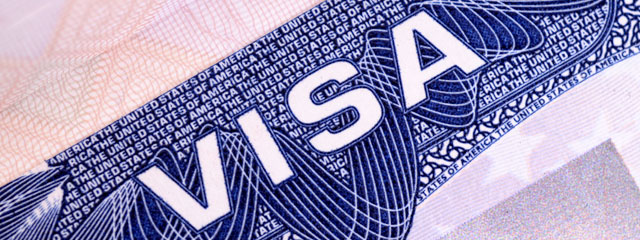E-1 Treaty Traders/E-2 Treaty Investors
E-1 Treaty Traders
E-1 visas permit entry into the U.S. to further substantial trade that is international in scope. The trade must be primarily between the U.S. and the treaty country where the person holds citizenship. For a list of current E-1 and E-2 treaty countries, click here.
In order for a business to qualify for E-1 visas, it must demonstrate that the U.S. business has created substantial trade between the U.S. and the treaty country. Trade is not limited to goods and services and must be principally with the treaty country. This means that more than 50% of the total volume of international trade done by the U.S. business must be between the U.S. and the treaty country. If the U.S. entity is a branch office, then the foreign business must have more than 50% of its trade with the U.S.
At least 50% of the U.S. entity must be owned by non-U.S. resident nationals of the treaty country. If the company is publicly traded, the firm’s nationality is considered to be that of the country in which the firm’s stock is exclusively listed and traded.
E-2 Treaty Investors
E-2 visas permit entry into the U.S. to further a substantial investment in a U.S. enterprise made by individuals or businesses that are citizens of a treaty country. For a list of current E-1 and E-2 treaty countries, click here.
For a business to qualify for E-2 visas, it must demonstrate that a substantial investment in the U.S. business has been made by individuals or companies that are citizens of the treaty country. In order to be considered a substantial investment, the funds must be “at risk”. Whether the actual amount invested is substantial depends on the type of business and is weighed based upon a variety of factors. In addition, the investment must not be “marginal” (i.e., not made solely for the purpose of earning a living).
Similar to the E-1 visa, at least 50% of the U.S. entity must be owned by nationals of the treaty country to qualify for E-2 visas.
Applying for an E-1 or E-2
Before applying for an E-1 or E-2 visa, the company in the U.S. where the applicant will work must become E-1 or E-2 qualified. An initial request to qualify the U.S. company for E-1 or E-2 status must be filed together with at least one individual’s E-1 or E-2 application at the U.S. Embassy or Consulate that has jurisdiction over the treaty country. Once the company is E-1 or E-2 qualified, any national of the treaty country who will work for the qualified U.S. entity may apply for E-1 or E-2 visas at the appropriate U.S. Embassy or Consulate.
Once the company is qualified, a treaty country national can apply for an E-1 or E-2 visa as an executive or supervisor, or an essential employee. The individual does not have to be employed by the company abroad to qualify for E-1 or E-2 status.
E-1 and E-2 visas can be issued for up to five years and are renewable indefinitely as long as the company and the individual continue to qualify for E-1 or E-2 status. Upon each entry to the U.S., E-1 and E-2 visa holders are generally granted two years of E status on Form I-94 as long as the E-1 or E-2 visa is valid at the time of entry.
Dependent visas are available for spouses and unmarried children (under 21) of E-1 or E-2 visa recipients. Furthermore, E spouses are eligible to apply for work authorization after they enter the U.S.
E-1 or E-2 nonimmigrants who do not plan to travel internationally may apply to extend their status for up to two years by filing an application with U.S. Citizenship & Immigration Services (USCIS).



